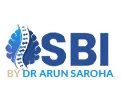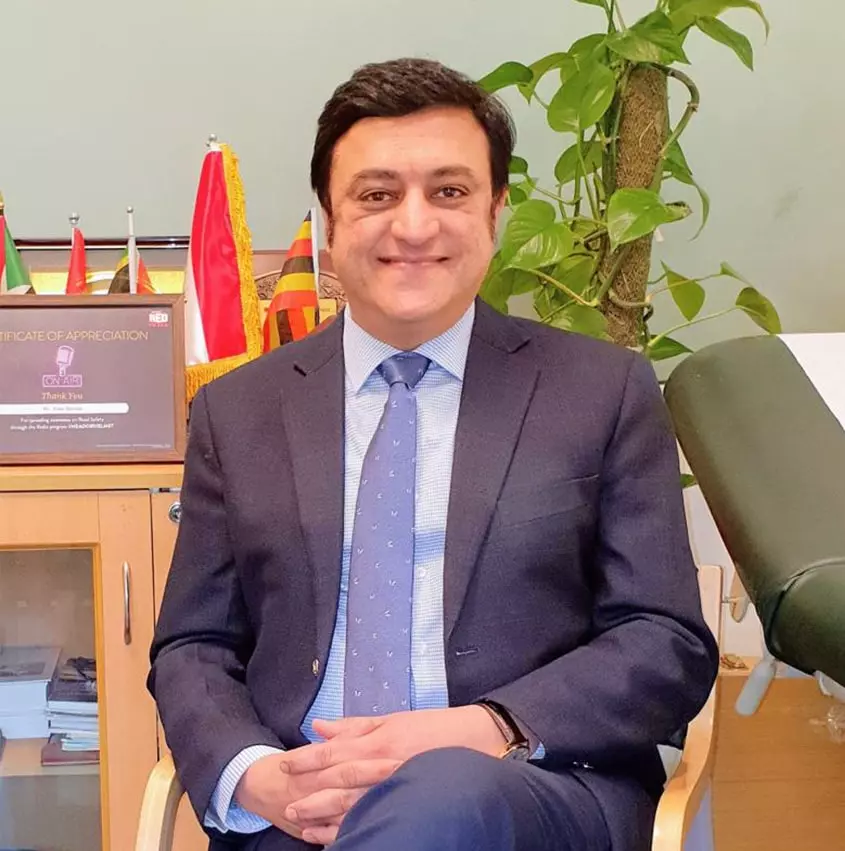A brain aneurysm is a weakening in the wall of a cerebral blood vessel, creating a ballooning or bulging spot similar to a thin spot on a balloon. While often asymptomatic and harmless, brain aneurysms can pose serious health risks if they grow large, leak, or burst, leading to a hemorrhagic stroke which requires immediate medical attention.
Distinguishing Between Aneurysms and Strokes
Strokes and aneurysms are distinct conditions. Strokes occur due to a burst or blocked brain blood vessel, while an aneurysm is a bulge in an artery caused by a weak wall. A ruptured aneurysm can cause a hemorrhagic stroke. Treatments differ: strokes often require clot-removal or clot-busting drugs, whereas aneurysms may need surgical intervention.
Types of Brain Aneurysms
Brain aneurysms come in various forms:
Saccular (Berry) Aneurysms: These are the most frequent, appearing as dome-shaped bulges with a narrow neck.
Fusiform Aneurysms: These involve a widening of the blood vessel wall on all sides and are less common.
Mycotic Aneurysms: Rare and caused by infections impacting arterial walls.
Sizes of Aneurysms
Aneurysms vary in size, categorized as small (under 11mm), large (11-25mm), or giant (over 25mm).
Growth Rate of Brain Aneurysms
The growth rate of aneurysms varies; some remain stable, others grow over years, and some may expand rapidly within a week.
Symptoms of Brain Aneurysms
Symptoms depend on whether the aneurysm has ruptured:
Ruptured Aneurysm Symptoms: Intense headache, consciousness loss, nausea, vomiting, drowsiness, balance issues, stiff neck, pupil dilation, light sensitivity, blurred/double vision, eyelid drooping, confusion, seizures, or cardiac arrest.
Unruptured Aneurysm Symptoms: New headaches, eye pain, pupil dilation, vision problems, speech issues, facial weakness or numbness, facial paralysis, or an intense headache indicating a possible leak.
Causes of Brain Aneurysms
Aneurysms may be congenital or linked to conditions like polycystic kidney disease, neurofibromatosis, Marfan syndrome, and others. They often form at arterial branch points and are more common at the brain's base.
Rupture Risk Factors
A rupture can be life-threatening, with high blood pressure, physical strain, strong emotions, certain medications, and drug use increasing the risk.
Risk Factors for Brain Aneurysms
Common in adults over 40, especially in women, risk factors include smoking, high blood pressure, and other medical conditions like connective tissue disorders, head injuries, infections, and genetic factors.
Brain Aneurysms in Children
While rare, children can develop aneurysms, often related to trauma, connective tissue disorders, infection, or genetic conditions.
Diagnosis of Brain Aneurysms
Diagnosis involves CT scans, MRIs, angiograms, and spinal taps to detect the presence of an aneurysm.
Treatment Options
Treatment depends on the aneurysm's size and location, including surgical clipping, endovascular coiling, flow diverter surgery, and microvascular clipping. Nonsurgical options like pain relievers, calcium channel blockers, antiseizure medications, and therapies to widen blood vessels are also used.
Complications and Prognosis
A ruptured aneurysm can lead to serious complications like cerebral vasospasm, hydrocephalus, coma, brain damage, rebleeding, and hyponatremia. The outlook varies; while many with unruptured aneurysms live normal lives, a rupture significantly decreases survival chances.
At SpineandBrainIndia, led by Dr. Arun Saroha, recognized as one of the best neurosurgeons in India, we prioritize the comprehensive understanding and effective management of brain aneurysms. Our team is dedicated to offering the most advanced diagnostic and treatment options for brain aneurysms, ensuring that each patient receives personalized care. With state-of-the-art techniques such as surgical clipping, endovascular coiling, and flow diverter surgery, coupled with innovative nonsurgical approaches, we strive to provide optimal outcomes in brain aneurysms treatment in India. Our commitment is to ensure that every patient has access to the best possible care, backed by the latest research and technology, for a healthier and more secure future.



